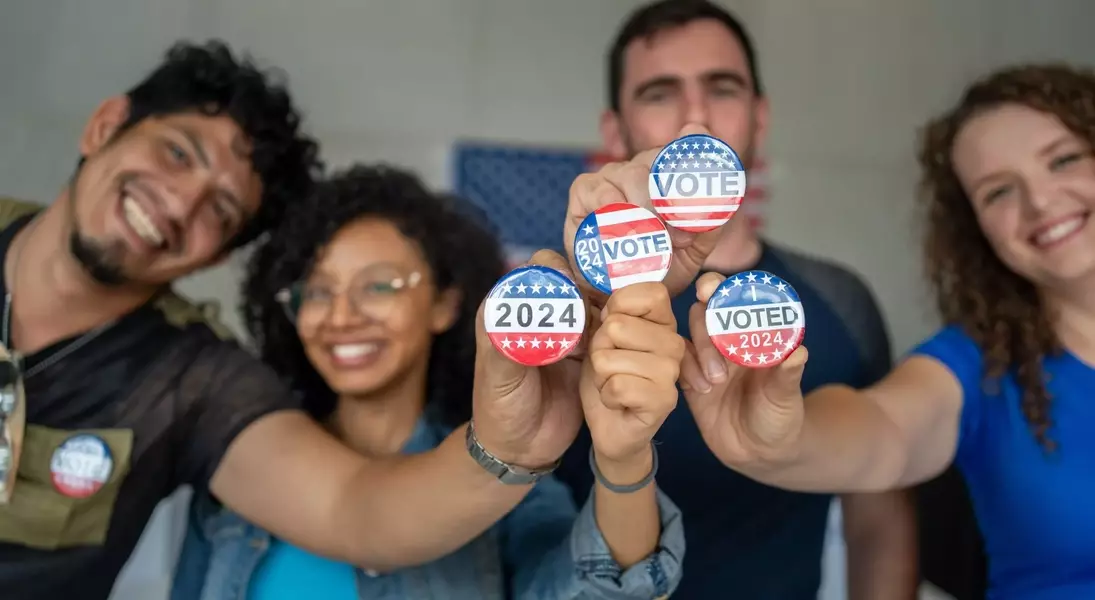As the nation grapples with a youth mental health crisis, mental health professionals have a unique opportunity to support their patients' well-being by encouraging civic engagement. By incorporating voter registration and education into their practices, clinicians can empower young individuals to make their voices heard and shape the policies that impact their futures.
Unlocking the Power of the Youth Vote
Bridging the Participation Gap
Despite representing a significant portion of the electorate, young voters between the ages of 18 and 29 have historically been underrepresented at the polls. In the 2020 election, only 50% of eligible voters in this age group cast ballots, and nearly 30% were not registered to vote at all. This disconnect between youth and the political process represents a missed opportunity for young voices to influence the decisions that will shape their lives.Cultivating Civic Responsibility
As mental health professionals, we have the power to change this narrative. By making voter registration accessible and promoting civic engagement in our practices, we can help young individuals view voting as an empowering act of advocacy. Research shows that voting is a habit, and those who participate in their first eligible election are more likely to continue voting throughout their lives. Early conversations about the importance of civic participation can foster a sense of responsibility and empower youth to become active citizens.Strengthening Community Connections
Encouraging youth to register and vote not only builds resilience but also strengthens their connection to their communities, which is vital for their mental well-being. By discussing the impact of local issues on families and involving children in collective decision-making activities, we can help our patients and their loved ones recognize the power of their voices and the role they play in shaping their communities.Nonpartisan Voter Engagement
Fortunately, there are numerous nonpartisan resources available to help mental health professionals incorporate voter registration and education into their practices. Organizations like Vot-ER offer tools such as voter registration badges, QR codes, and waiting room materials that make it easy for patients to check their registration status and sign up to vote. By creating a voting-friendly environment in our clinics, we can support our patients in exercising their civic rights without imposing any political agenda.Empowering Youth Through Therapeutic Interventions
In psychiatric settings, activities like "group elections" can serve as valuable therapeutic tools. By allowing children to participate in collective decision-making, we can teach them the importance of civic engagement, develop their social and emotional skills, and help them process emotions related to winning or losing. These experiences can lay the foundation for lifelong civic participation and empower youth to become active agents of change.A Call to Action for Mental Health Professionals
As mental health professionals, we have a unique opportunity to support the well-being of our young patients by encouraging their civic engagement. By incorporating voter registration and education into our practices, we can help empower youth to make their voices heard and shape the policies that impact their futures. Through family discussions, classroom education, and therapeutic interventions, we can foster a sense of civic responsibility and strengthen the connection between our patients and their communities.The time is now to support the next generation in finding their voice – not only in our encounters but also at the ballot box. Let us rise to the challenge and empower our youth to become the agents of change they aspire to be.You May Like

